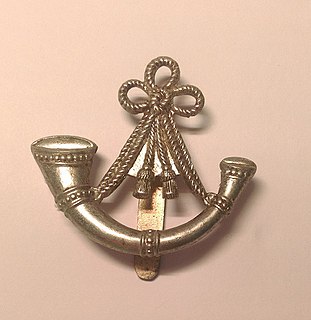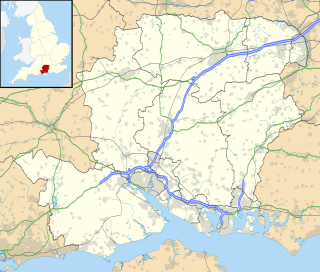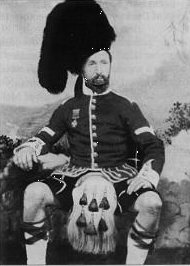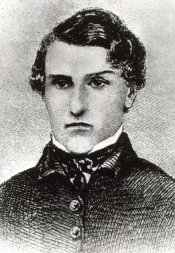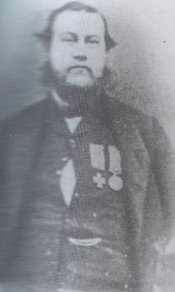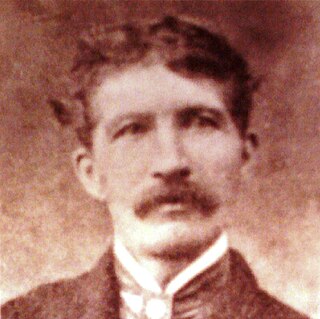| Henry Smith | |
|---|---|
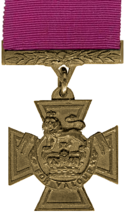 | |
| Born | 1825 Thames Ditton, Surrey |
| Died | 18 August 1862 (aged 36–37) Gwalior, British India |
| Buried | Gwalior Cemetery |
| Allegiance | |
| Service/ | |
| Rank | Sergeant |
| Unit | 52nd Regiment of Foot |
| Battles/wars | Indian Mutiny |
| Awards | Victoria Cross |
Henry Smith VC (1825 – 18 August 1862) was an English recipient of the Victoria Cross, the highest and most prestigious award for gallantry in the face of the enemy that can be awarded to British and Commonwealth forces.

The Victoria Cross (VC) is the highest and most prestigious award of the British honours system. It is awarded for gallantry "in the presence of the enemy" to members of the British Armed Forces. It may be awarded posthumously. It was previously awarded to Commonwealth countries, most of which have established their own honours systems and no longer recommend British honours. It may be awarded to a person of any military rank in any service and to civilians under military command although no civilian has received the award since 1879. Since the first awards were presented by Queen Victoria in 1857, two-thirds of all awards have been personally presented by the British monarch. These investitures are usually held at Buckingham Palace.

England is a country that is part of the United Kingdom. It shares land borders with Wales to the west and Scotland to the north-northwest. The Irish Sea lies west of England and the Celtic Sea lies to the southwest. England is separated from continental Europe by the North Sea to the east and the English Channel to the south. The country covers five-eighths of the island of Great Britain, which lies in the North Atlantic, and includes over 100 smaller islands, such as the Isles of Scilly and the Isle of Wight.

The United Kingdom (UK), officially the United Kingdom of Great Britain and Northern Ireland but more commonly known as Britain, is a sovereign country lying off the north-western coast of the European mainland. The United Kingdom includes the island of Great Britain, the north-eastern part of the island of Ireland and many smaller islands. Northern Ireland is the only part of the United Kingdom that shares a land border with another sovereign state, the Republic of Ireland. Apart from this land border, the United Kingdom is surrounded by the Atlantic Ocean, with the North Sea to the east, the English Channel to the south and the Celtic Sea to the south-west, giving it the 12th-longest coastline in the world. The Irish Sea lies between Great Britain and Ireland. With an area of 242,500 square kilometres (93,600 sq mi), the United Kingdom is the 78th-largest sovereign state in the world. It is also the 22nd-most populous country, with an estimated 66.0 million inhabitants in 2017.

